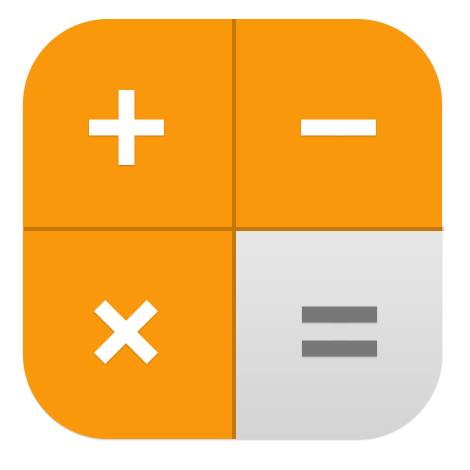
Как сделать калькулятор в Delphi?
Delphi - объектно-ориентированный язык программирования, разработанный компанией Borland в 1995 году. Он основан на языке программирования Pascal, но имеет более расширенные возможности и добавлены новые функции.

Как Delphi реализует многоплатформенную разработку?
Delphi является интегрированной средой разработки (IDE), которая позволяет разрабатывать программное обеспечение для различных платформ, включая Windows, macOS, Android и iOS. Delphi достигает многоплатформенности с помощью...
Использовать формы, объявленные в DLL
In the example that follows the exe only sees a totally "virtual abstract" interface to the object as is being exported from the dll but it still can create the object and use it. Of course the exe can not see or execute any methods declared in the exe but that is the whole purpose of implementing them in a custom dll to begin with. Im folgenden Beispiel sieht die Exe-Datei nur ein total "virtuelles, abstraktes" Interface zum Objekt, welches aus der Dll importiert wird aber es kann doch dieses Objekt erzeugen und es gebrauchen. } // Example code: programDlloader; uses
Sharemem, Forms, exeunit1 in
'exeunit1.pas' {Form1}, DllIntfu in
'DllIntfu.pas'; {$R *.RES} begin
Application.Initialize; Application.CreateForm(TForm1, Form1); Application.Run; end
. //-------------------------- unit
DllIntfu; interface
type
TDllobject = class
protected
function
Get_UserName: string
; virtual
; abstract
; procedure
Set_UserName(Value: string
); virtual
; abstract
; public
property
UserName: string
read
Get_UserName write
Set_UserName; end
; TDllobjectClass = class
of
TDllobject; implementation
end
. //--------------------------- unit
exeunit1; interface
uses
Windows, Messages, SysUtils, Classes, Graphics, Controls, Forms, Dialogs, DllIntfu, StdCtrls; type
TForm1 = class
(TForm) Button1: TButton; procedure
Button1Click(Sender: TObject); private
{ Private declarations } public
{ Public declarations } end
; var
Form1: TForm1; implementation
{$R *.DFM} type
TDllfunc = function
: TDllobjectClass; stdcall
; procedure
TForm1.Button1Click(Sender: TObject); var
i: DWORD; fHandle: THandle; fDllfunc: TDllfunc; fDllobject: TDllobject; fUserName: string
; begin
fHandle := LoadLibrary('UserName.dll'); if
(fHandle <> 0) then
begin
@fDllfunc := GetProcAddress(fHandle, 'Dllfunc'); if
Assigned(@fDllfunc) then
begin
i := 255; SetLength(fUserName, i); GetUserName(PChar(fUserName), i); fUserName := StrPas(PChar(fUserName)); fDllobject := fDllfunc.Create; fDllobject.UserName := fUserName; ShowMessage(fDllobject.UserName); fDllobject.Free; end
; FreeLibrary(fHandle); end
; end
; end
. //------------------------------- library
UserName; uses
Sharemem, Sysutils, DllIntfu; type
TCustomDllobject = class
(TDllobject) private
fUserName: string
; function
Getfilecount: Integer; protected
function
Get_UserName: string
; override
; procedure
Set_UserName(Value: string
); override
; end
; TCustomDllobjectclass = class
of
TCustomDllobject; function
TCustomDllobject.Getfilecount: Integer; var
doserr: Integer; fsrch: TSearchRec; begin
Result := 0; doserr := FindFirst('*.*', faanyfile, fsrch); if
(doserr = 0) then
begin
while
(doserr = 0) do
begin
if
(fsrch.attr and
faDirectory) = 0 then
Inc(Result); doserr := findnext(fsrch); end
; FindClose(fsrch); end
; end
; function
TCustomDllobject.Get_UserName: string
; begin
Result := 'You signed on as ''' + fUserName + '''' + ' and there ' + IntToStr(Getfilecount) + ' files in this directory.'; end
; procedure
TCustomDllobject.Set_UserName(Value: string
); begin
fUserName := Value; end
; function
Dllfunc: TCustomDllobjectClass; stdcall
; begin
Result := TCustomDllobject; // class type only end
; exports
Dllfunc name 'Dllfunc'; begin
end
.
